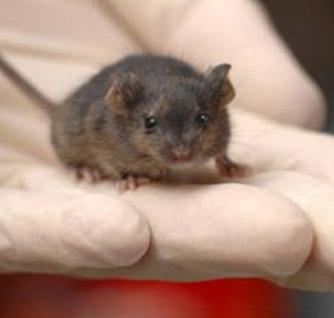Utilizing Patients-Derived Xenografts and Histological Assessment for Personized Medicine in Oncology
Author: Emmanuel Loeb
Globally, 8.2 million people die each year from cancer, an estimated 13% of all deaths worldwide. There is a 70% increase in the expected new cases of cancer over the next 2 decades. According to the W.H.O, more than 100 cancer types exist, each requiring unique diagnosis and treatment.
Traditional tumor classification, treatment methods and disease prognosis have been a point of debate in the last years. It is very well established that a malignant tumor is a very complex tissue entity and is changing during therapy and disease progression continuously. There is much evidence that patients with identical classification, morphology, mutation type and grade of malignancy could respond differently to the same therapy. Thus, a different approach, of personalized treatment, taking into consideration the patient’s and the tumor’s characteristics is required. Personalized medicine seems to be the most suitable paradigm for oncology patients’ management. In order to achieve an effective personalized therapy the patient and the tumor should be evaluated in advance, both for maximizing the treatment effect and for recovery prediction.
Mouse models, immune deficient, lacking their own immune cells, NSG mice, represent ground-breaking platforms to evaluate compounds to treat a variety of human diseases, from cancer and infectious diseases to allergies, inflammation and Graft versus Host Disease. These animals are implanted with the patient tumor. Animals bearing the human tumor will be examined for several treatments. Analysis of tumor implant can be realized by immunohistological markers. Utilizing Patients Derived Xenografts (PDX) in immune deficient mice, could serve as a tool to predict best choice of medicine per an individual patient. We hope that the combination of involving histological tools in the therapy evaluation process of the xenografts will provide an accurate result and will reduce the time for the patient treatment.
The challenge of this method is to predict a suitable therapy for a specific malignant tumor based on an experimental animal trial using PDX models combined with microscopy evaluations. Sophisticated histological tools can offer an early detection of the therapy effects in the mouse. This will reduce the turn over time and will provide the oncologist with a therapy prediction based on an animal study.
I order to design and develop such a system a preliminary study must be carried out in order to show an accurate prediction of a certain drug in the mouse for the usage of the oncologist in the patient. Patho-Logica is involved with few players in this field with the hope to be part of such a study.

